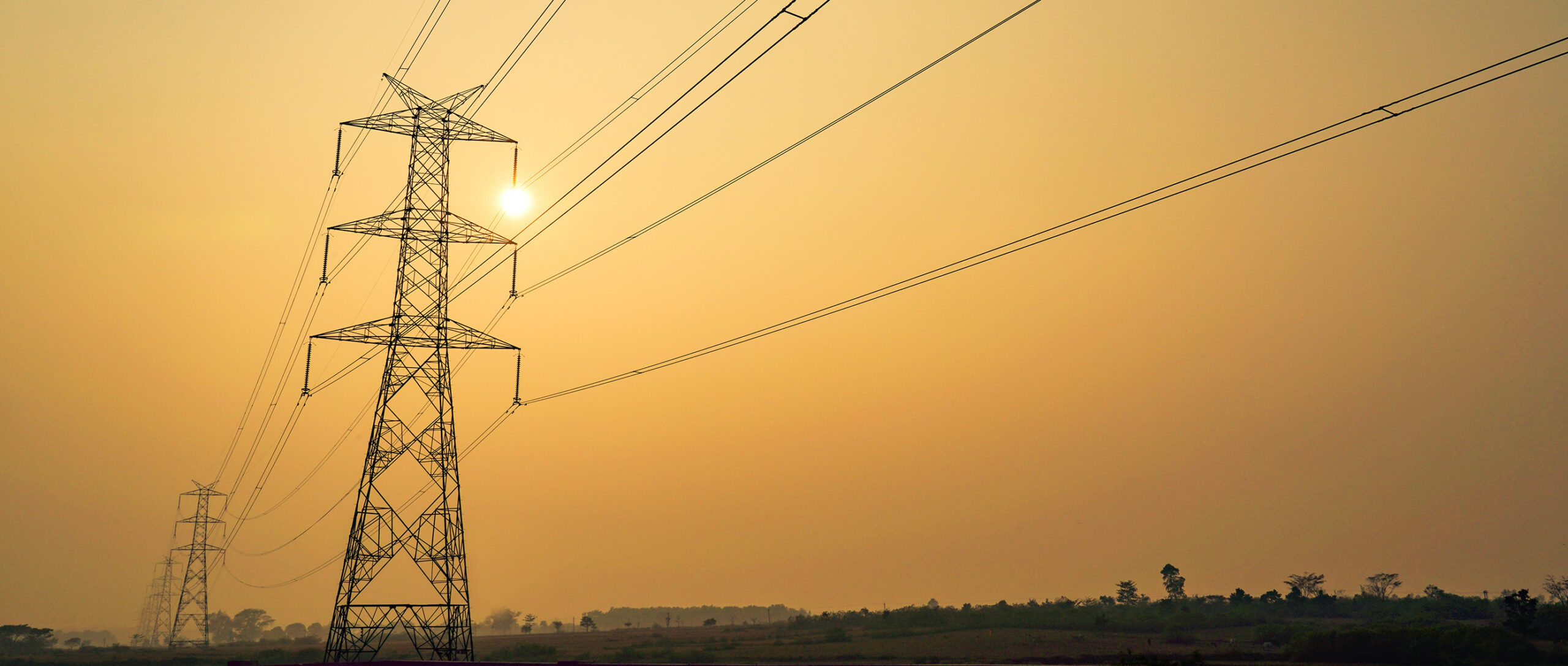Future planning by Indian utility companies – gas, electric, water – is essential to the success of their Net Zero ambitions. Decarbonisation goals for Indian Distribution Companies (DISCOMs) can be complex and any solutions require a whole systems approach to avoid unintended impacts.
Historically, it has been difficult to engage with, and glean data from, the multitude of DISCOMs in India and bring them together. The ITES NCAT offers a powerful, straightforward automated tool to streamline the engagement with utilities. As a unique whole systems stakeholder engagement and discovery tool, the NCAT provides a holistic, whole systems overview of the challenges across both individual DISCOMs and entire sectors in India.
As a result, the NCAT can quickly and easily provide a comprehensive view of challenge areas that utilities need to tackle. This more efficient process removed the need for an initial exploratory conversation with the DISCOMs and provides valuable insights into challenges and opportunities they face, equivalent to high level consultation.
What makes the NCAT unique
The effectiveness of the NCAT lies in its ability to efficiently collect, analyse and disseminate information all with one tool. Each DISCOM completes an online questionnaire, and the backend of the tool then analyses the given information by assigning a specified score to each answer and calculating the results.
The scores are matched to focus areas for DISCOMs, including power systems, business modelling, systems engineering, and transport and infrastructure. The final assessment results highlight the current state of each DISCOM’s network and identifies the challenges areas (gaps) that need to be addressed to reach Net Zero.
NCAT on trial
The NCAT has been tested in India to survey a select group of DISCOMs. The outcome was aggregated to provide a total assessment of the targeted DISCOMs networks.
India has made significant progress towards achieving its Net Zero targets by promoting clean energy alternatives such as renewable energy generation and EV adoption. However, these changes come with new and unique challenges that are interdependent and often difficult to identify.
As UK’s foremost proponents of whole systems thinking, the Energy Systems Catapult, via ITES, can now offer Indian DISCOMs insights from the NCAT that enable them to identify these challenges, and prioritise solutions and strategies to decarbonise and reinforce their network.
Whole system thinking by ITES
Andrew Stokes, ITES UK Lead and Business Leader – International at Energy Systems Catapult, explains:
“Usually, it takes a long consultative process to help DISCOMs to develop their Net Zero roadmaps and identify challenges. The NCAT helps the DISCOMs and ITES to adopt a whole systems approach that reduces the risk of unintended consequences.
Whole system thinking can help us uncover how these changes in individual energy system elements, or the relationships between them, will affect wider system behaviour. It’s a valuable tool and a quick way for innovators, organisations and SMEs to better understand the challenges DISCOMs face and devise solutions for them.”
Read our insights from using the NCAT with DISCOMs by clicking here.


